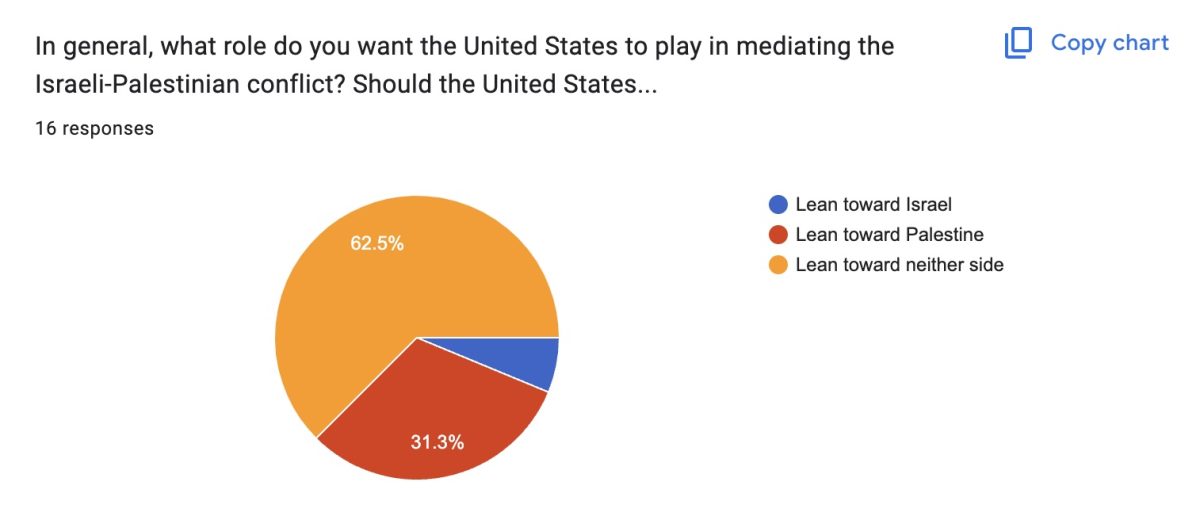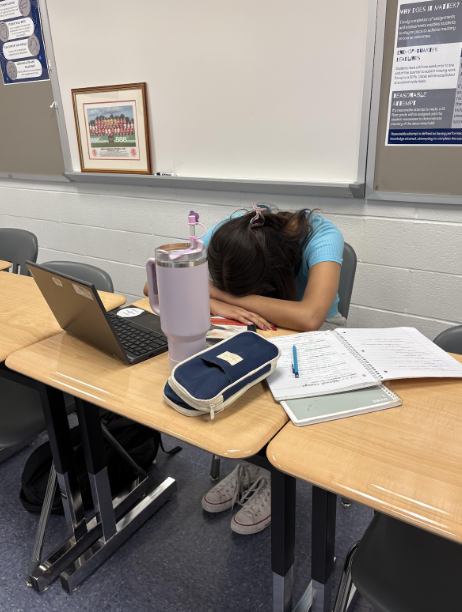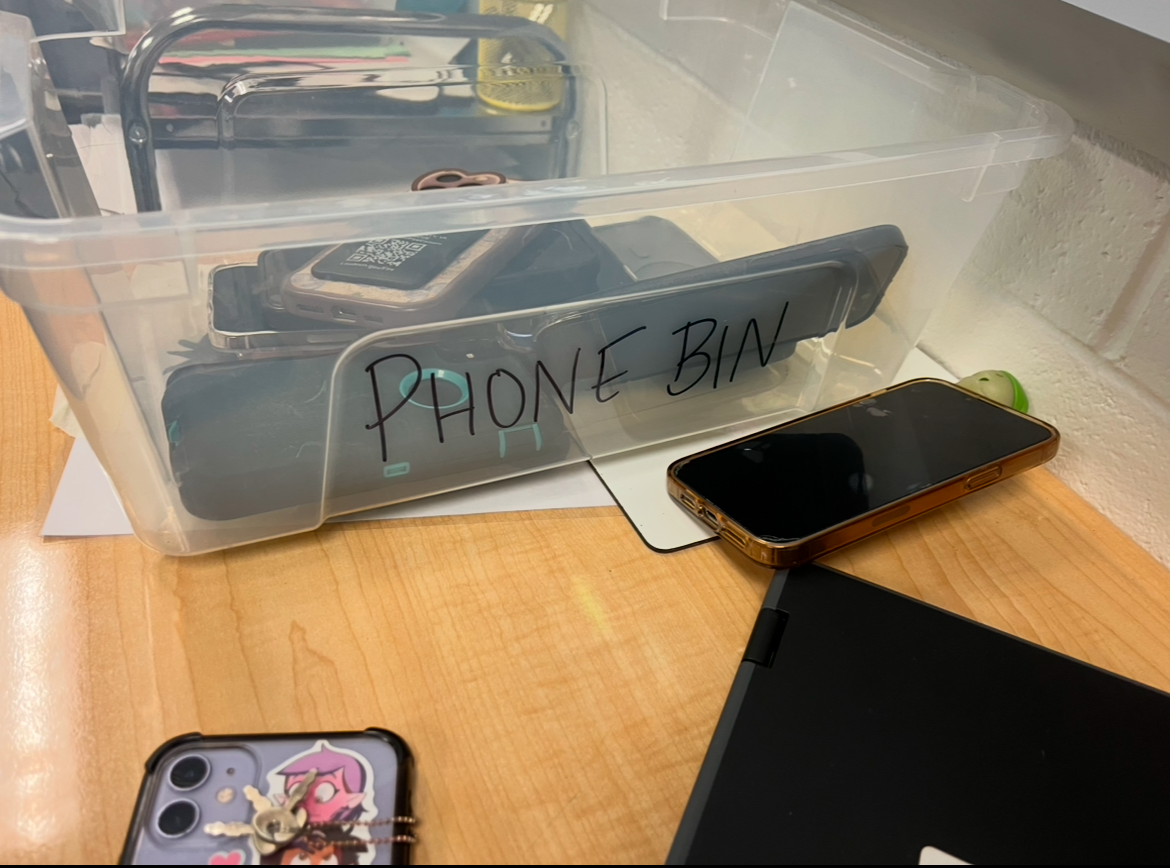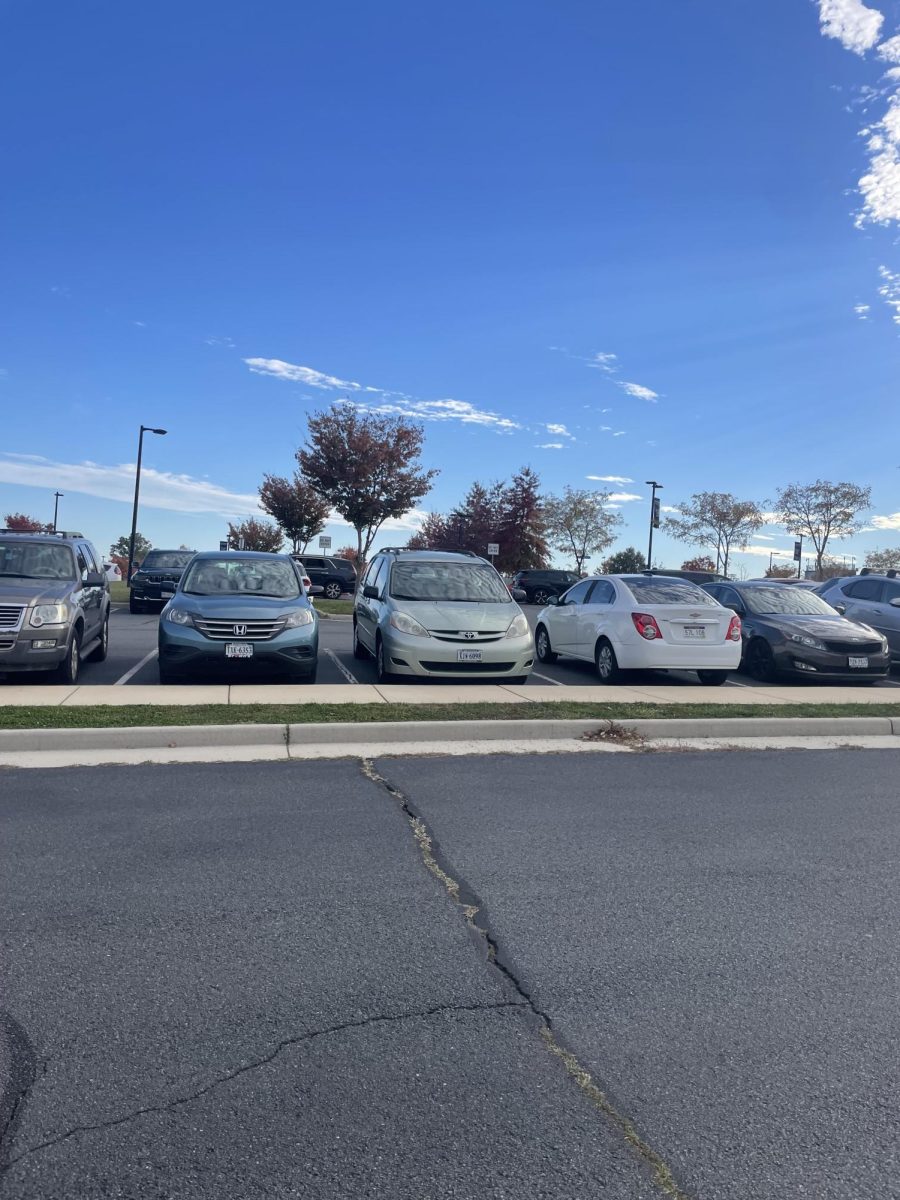Due to recent inflation on many things, including gas prices, students and faculty at John Champe are being affected in many ways. Many find that they are having to cut down on necessities, and saving more to adjust to the new gas prices. As students and teachers commute to school everyday, even little trips can create a dent in bank accounts.
The increase in gas prices reflects the steady rise in oil costs due to the higher demand in fuel following the COVID-19 pandemic. Even though prices have slightly decreased since its peak last year, it is still drastically higher than in previous years.
“U.S. regular retail gasoline prices averaged $2.41 per gallon in 2017, 27 cents higher than in cents/gal (13%) higher than in 2016,” Eia, a corporation tracking U.S. energy information and statistics, said. “In 2023 gasoline prices will reach an all time high of $4.54 per gallon.” This is a dramatic increase as prices nearly doubled the amount it was just five years ago.
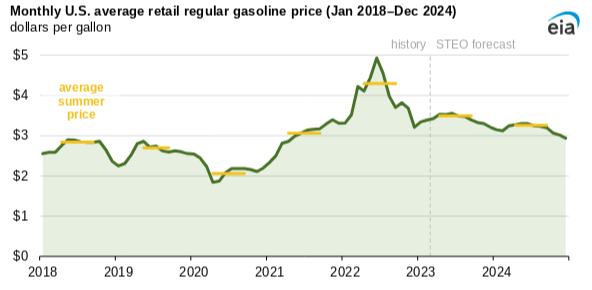
Not only is gas now costly, it affects the schedules of people’s daily lives as people have to plan more cautiously on spending and travels to leave money for gas. Many high schoolers are unemployed or work a low salary job which can make it difficult to save up money.
“As a highschool student who works a job and drives, this affects me because I have to pay $50 every one to two weeks which I can barely cover due to having to pay for other necessities,” junior Anica Koul said. “This causes me to cut down on much needed necessities and leaves little to no extra money to save for college and the future due to saving up for gas money.”
Teachers also find that they have to budget money and save because most teachers do not live in the district like students which leads to further commutes to work. They may also be faced with more traffic to and from school which means longer driving times and more gas used.
“My commute is approximately 15 miles with minimal congestion on a regular day so I consider myself fortunate, a lot of other teachers struggle to travel to and from work in time,” History Teacher and Football Coach Ryan Girard said. “With gas being so high since last year I have grown accustomed to the higher prices at this point.”
Many people believe that it can be less expensive to pay for public transportation like buses rather than their own personal transportation such as cars. However, paying for gas for your car has benefits such as having a personal vehicle to travel whenever needed, but can be more expensive. Buses can have more limited travel locations and times but can be cheaper per transport.
“In our area, there are not a lot of options to travel by bus which is why most travel by their personal car,” Koul said.”If there were to be more public transportation options I think many people would opt for that instead because it can be more cost effective at this time.”
As prices are steadily decreasing, students hope that it will one day return to a more reasonable price. This will make it better for students, not only for the commute to and from school, but also to outside activities and work. For teachers, even the smallest decrease in gas prices can benefit how much they save everyday as they can be commuting from further away.
“Since college is approaching for many of us, we are trying to save as much as we can and the price of gas dropping would benefit how much we’re able to save” junior Rachel Philip said. “In all, both students and teachers will definitely look forward to decreasing gas prices in the future which hopefully helps with how much we spend commuting to and from school.”


